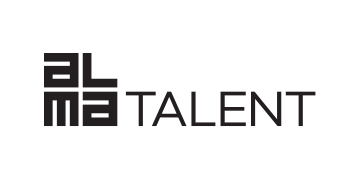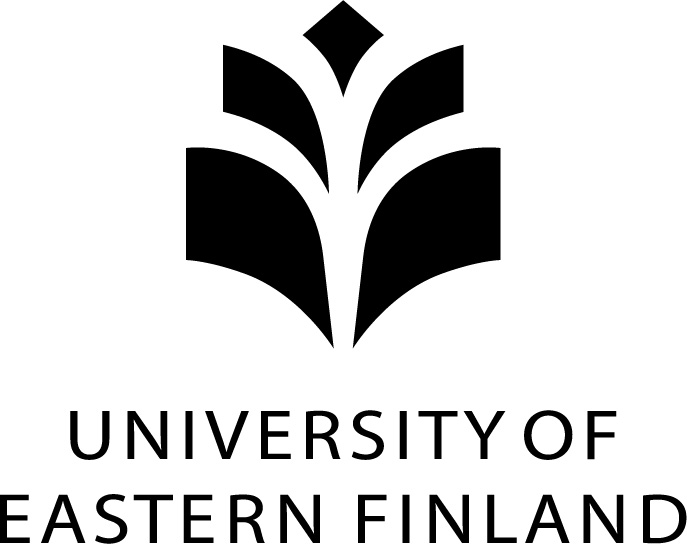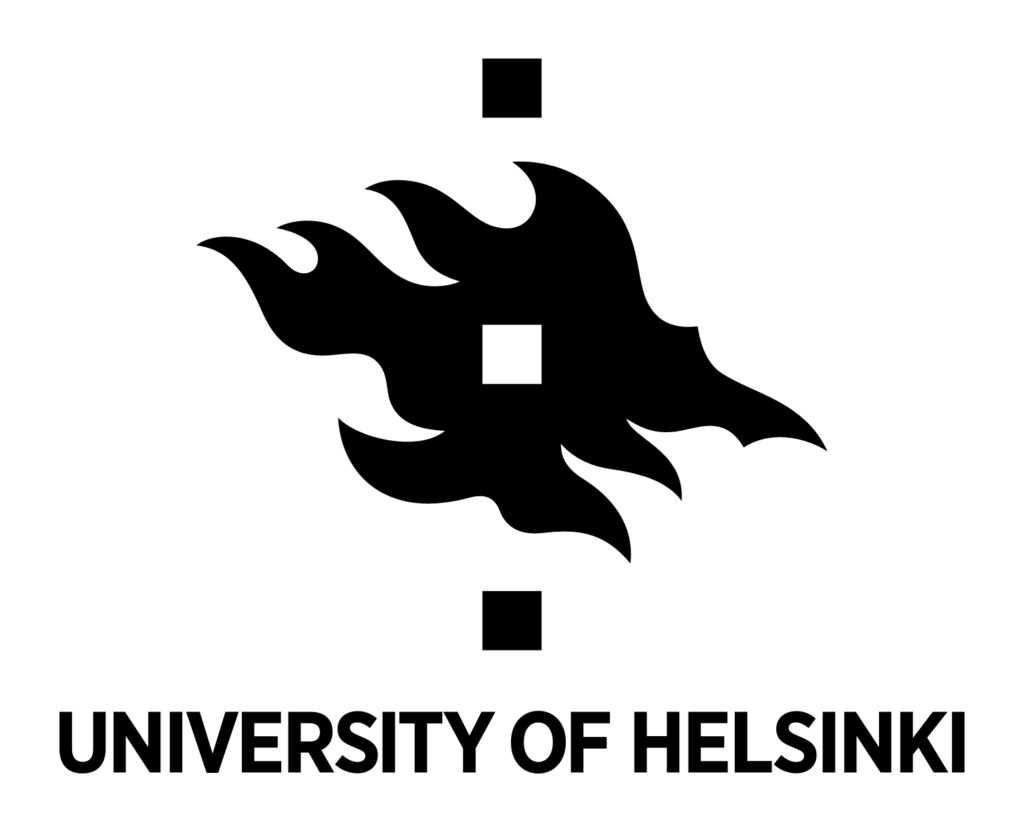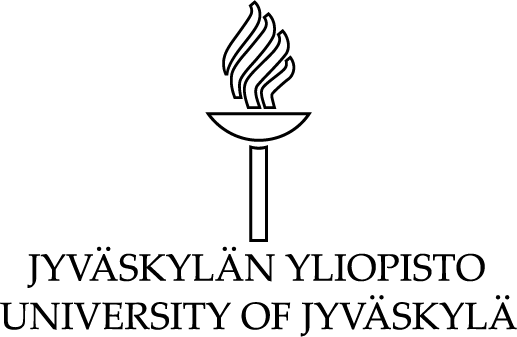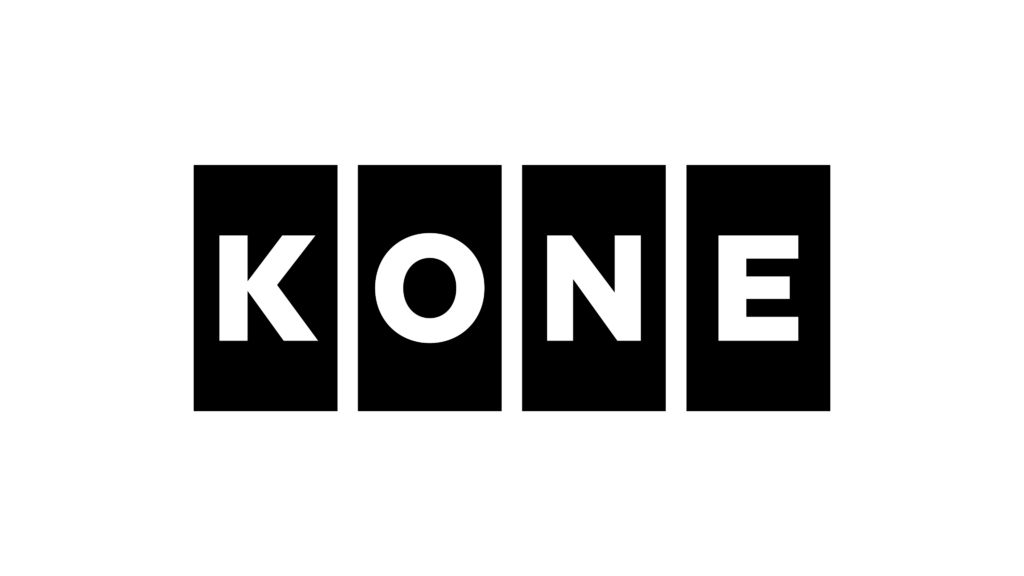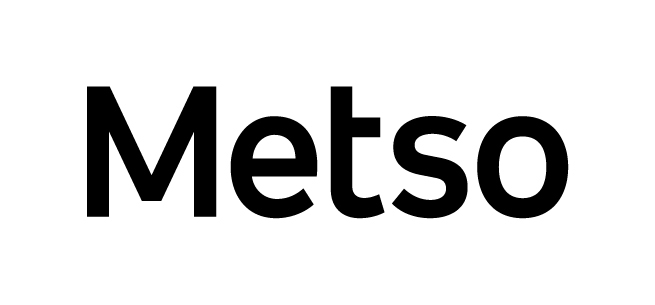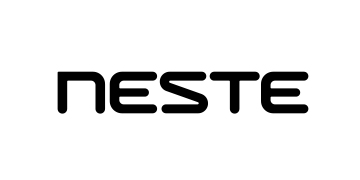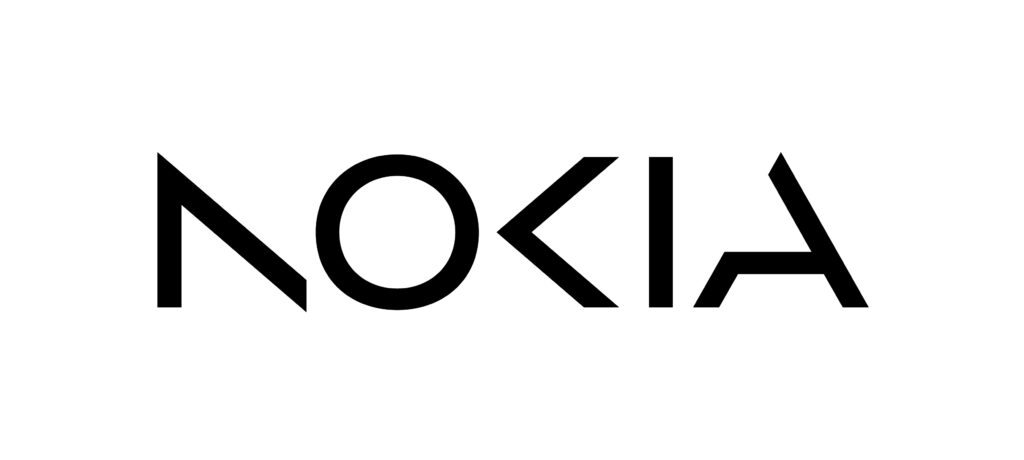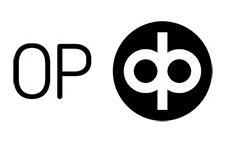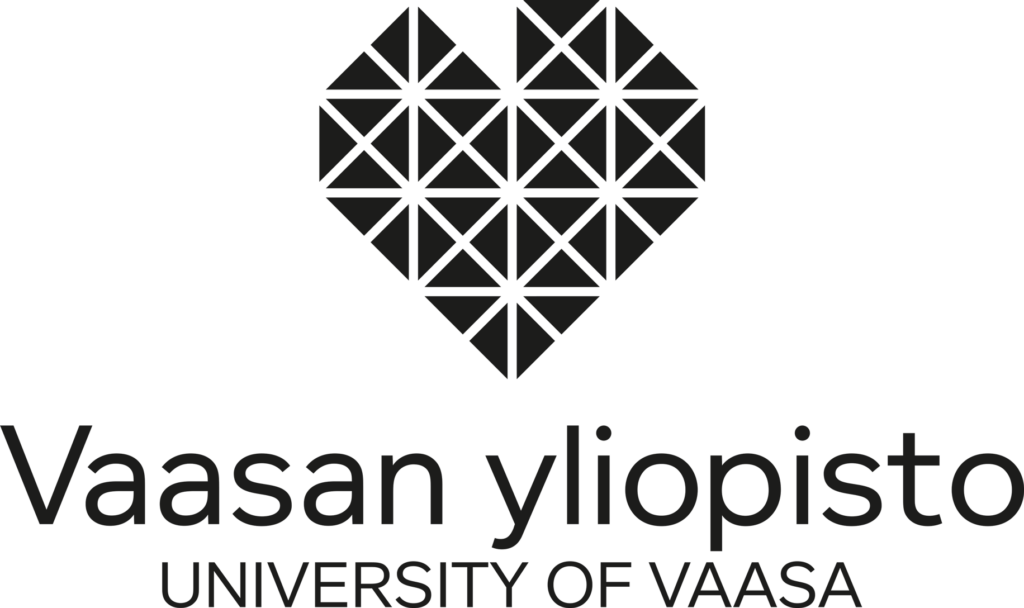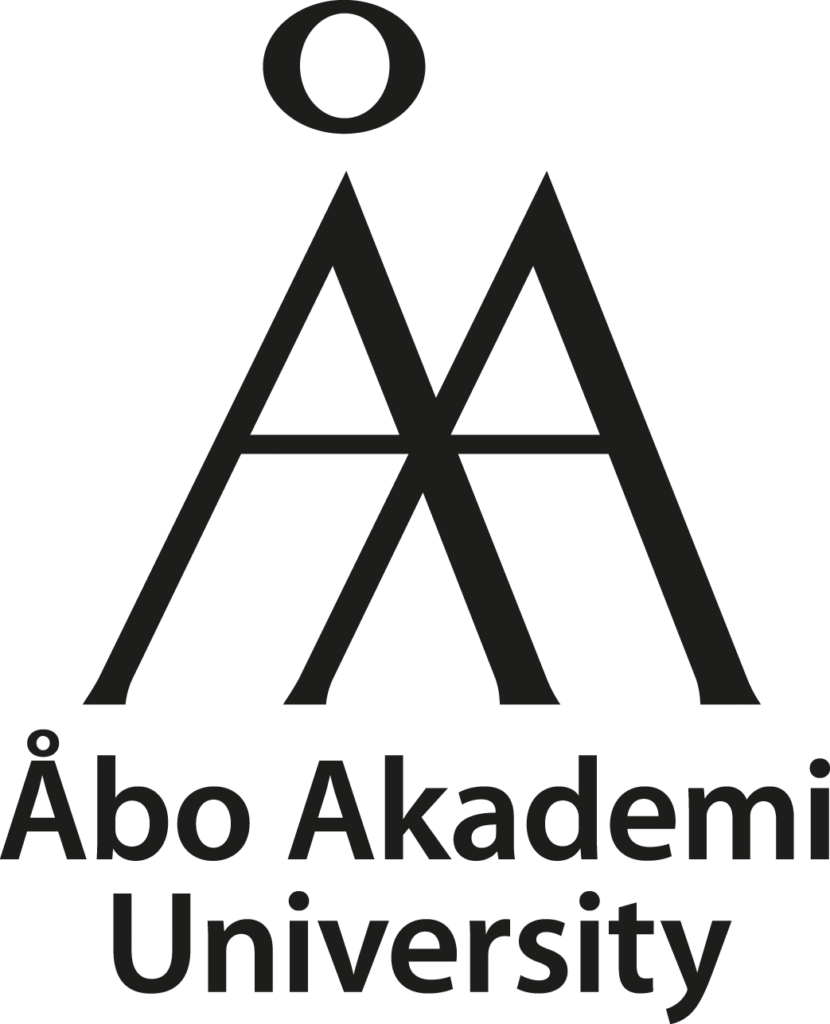Holding Power to Account with Technology

“Bellingcat’s open investigative process has enabled an unprecedented discussion of Moscow’s deceptions and made it harder for Russia to dodge responsibility. Bellingcat’s work is open and data-focused, rather than being based on sources, as sources often have agendas,” explains Millennium Innovation Forum 2022 speaker and Bellingcat’s Executive Director Christo Grozev.
The downing of Malaysian Airlines Flight MH 17 in 2014, the poisoning of Russian opposition leader Alexei Navalny in 2020 and the war crimes occurring in Ukraine in 2022 have two things in common.
First: The Russian government is behind these actions.
Second: In all three cases, it was the investigative journalism group Bellingcat and its lead investigator and Executive Director Christo Grozev, who arrived at this conclusion.
The era of digital warfare
The name Bellingcat comes from a fable about a group of mice planning to attach a bell to a cat’s neck. None of the mice, however, volunteered to do the job, proving that it is easier to say something should be done than to actually do it.
Through their investigations, however, the researchers at Bellingcat have actually put the proverbial bell on the cat by holding the Russian government accountable. Their investigative process uses open-source data – publicly available data such as Google Maps, flight manifests, TikTok videos and car registration databases – and has garnered acclaim from journalism associations and intelligence agencies alike.
In an age where there are countless discussions about how technology is infringing upon privacy and human rights, Grozev and Bellingcat have shown that technology, when used for good, has the power to expose corruption, record war crimes, usher transparency and advance justice.
Their strategy is based on a three step approach: Investigate, verify and amplify.
Investigate: Collect and preserve evidence
First, they trawl through social media platforms to collect images or videos of explosions to use as evidence in future investigations. Since the beginning of the war in Ukraine, the team has been collecting this evidence – like they did during the Syrian civil war – to prove or disprove war crimes.
“We have switched our resources to trying to archive and validate, prove and disprove war crimes and human rights violations. A lot of this work is invisible but will end up in courts in the future.”
Describing this work in a talk at the Reuters Institute for the Study of Journalism, Grozev said, “We have switched our resources to trying to archive and validate, prove and disprove war crimes and human rights violations. A lot of this work is invisible but will end up in courts in the future.”
Only in select situations where such information is not sufficient or available, does Bellingcat buy the data – such as passport details or phone records – from the data black market. Taking advantage of poor data protection regulations in Russia to investigate who poisoned Navalny, Grozev and Bellingcat “turned the environment of petty corruption and loose government enforcement against Russia’s security service officers.”
Verify: Geolocation and chronolocation
Next, Grozev and his team verify the evidence, which may involve using techniques like geolocation and chronolocation. Geolocation can refer to identifying the exact location of a piece of evidence using minute details such as the lens of the camera, the colouration of the rubble, or the angle at which a crater from a missile impact was formed. It can also involve comparing different images taken at different angles to assess whether they have captured the same object or location and at what point in time.
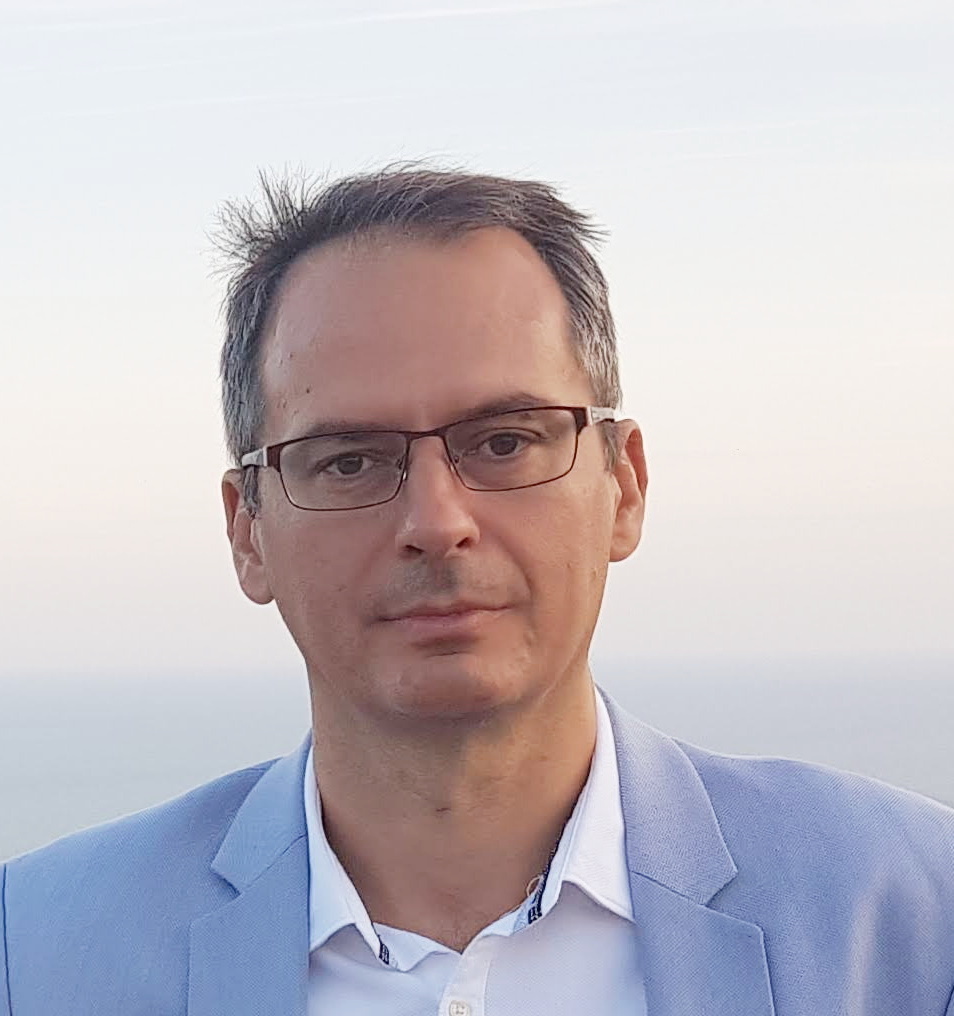
Grozev and Bellingcat have shown that technology, when used for good, has the power to expose corruption, record war crimes, usher transparency and advance justice.
One example of this work is the team’s use of TikTok videos – once verified to have been made in the Russian border city of Kursk – to invalidate Putin’s claims about having withdrawn troops from Ukraine’s border in the days before the invasion.
Chronolocation involves checking what time the piece of evidence was created. Using metadata – or information about the time an image or video was created and what files were used – Grozev and his team have been ensuring that the images or videos collected as evidence were created during the current war and not any time before.
For example, Eliot Higgins, founder of Bellingcat, shared the efforts of other open-source data investigators in assessing a video being used as a pretext for justifying Russia’s invasion. By analysing the metadata, the investigators discovered that the video was made using other videos, and that its audio waveform matched that of a 2010 video from a military firing range in Finland.
Amplify: Hitting the silver screen
Finally, once the evidence has been verified, Grozev and his team share their analysis publicly. Mainstream media have been quick to amplify this work. Daniel Roher’s documentary on the Navalny poisoning – titled ‘Navalny’ – follows the opposition leader and Grozev’s endeavour to track down the people behind the attempted assassination.
The documentary, which premiered at the Sundance Film Festival, has “introduced the world to Navalny” and won both the Audience Award: U.S. Documentary and the Festival Favourite Award.
In one of the film’s sequences, Navalny makes a prank call to one of his suspected poisoners. By pretending to be an angry security services boss, Navalny managed to get the agent to spill the details on the attempted poisoning.
The Russian government too has taken notice of Grozev and Bellingcat. In late 2021, Russia labelled Bellingcat as a “foreign agent,” to which Grozev shot back with a blithe “What took you so long?”. When ‘Navalny’ premiered, Grozev also quipped that the Kremlin had flooded the documentary’s IMDB page with negative reviews.
“I’ve always wanted to work in the media because I love to tell people things they didn’t know. I would always inform my parents and granddad about things they didn’t know or didn’t care about.”
Transforming the practice of journalism
Grozev has come a long way since his first foray into journalism. Speaking at his alma mater, the American University, Bulgaria, Grozev said, “I’ve always wanted to work in the media because I love to tell people things they didn’t know. I would always inform my parents and granddad about things they didn’t know or didn’t care about.”
Grozev’s expertise has helped Bellingcat put to use its open-source data research for investigative journalism. It is also Grozev who introduced the practice of purchasing data in select investigations to complement or substantiate open-source data. Over the many years spent living in Russia and Estonia, he acquired the cultural acumen to identify where and how to buy useful data.
The group’s use of technology has transformed the practice of journalism. In his talk at the Reuters Institute, Grozev stressed the importance of focusing on data rather than tip offs or interviews with sources. A year before the invasion, he and his team received multiple tips foreshadowing the events of 2022. But rather than treat the information as hard facts, he searched for data that would support these claims.
Bellingcat’s emphasis on this principle has driven organisations such as The New York Times, Amnesty International, Atlantic Council and the University of California, Berkeley, to develop open-source data research capabilities of their own to conduct investigations and combat disinformation. As a result, the rigourous study of data has now become a standard part of journalism.
Strengthening civil society
Grozev and Bellingcat’s work has also taken away power from governments and corporations, and instead empowered citizen journalists. Anyone who wishes to analyse war crimes and record human rights violations does not need to wait for central entities to release information – with open-source data research, ordinary citizens across the world can collaborate and find out the truth themselves, with instructions available on Bellingcat’s website.
For Grozev, this means that the role of journalists has become more than just finding out who said what and presenting both sides of the argument: it also includes verifying all information from all parties, no matter if one side is believed to be acting in good faith, and filtering out any information that is not true.
As with any technology, there are many ethical considerations at play – especially when information about Bellingcat’s techniques ends up being misused by the very entities whom Bellingcat seeks to expose.
“They found in his [an entity under investigation] computer a report, an article that I had written about a an assassination attempt in Europe. This bad actor had analysed my report and had come up with a list of suggestions for improvement of the assassination next time around,” Grozev said at the talk at Reuters Institute. “While what we do exposes a lot of the bad actors’ activities, it can also be used as a training manual.”
But this same transparency has also won Bellingcat many new allies – hackers and partners alike – and enabled it to investigate many other injustices and crimes against humanity. While there will always be groups whose use of technology gives cause for concern, Grozev and his colleagues’ work shows that technology can promote the wellbeing of all humanity by holding those in power accountable.
Executive Director of Bellingcat Christo Grozev will be speaking alongside other international speakers of repute at the Millennium Innovation Forum 2022 on the topic “The technology race between modern autocrats and investigative journalists.” Join us to hear Grozev speak about his work on the Ukraine war live on 26th October 2022 at Marina Congress Center, Helsinki.
Buy tickets now at https://millenniumprize.org/events/millennium-innovation-forum/



